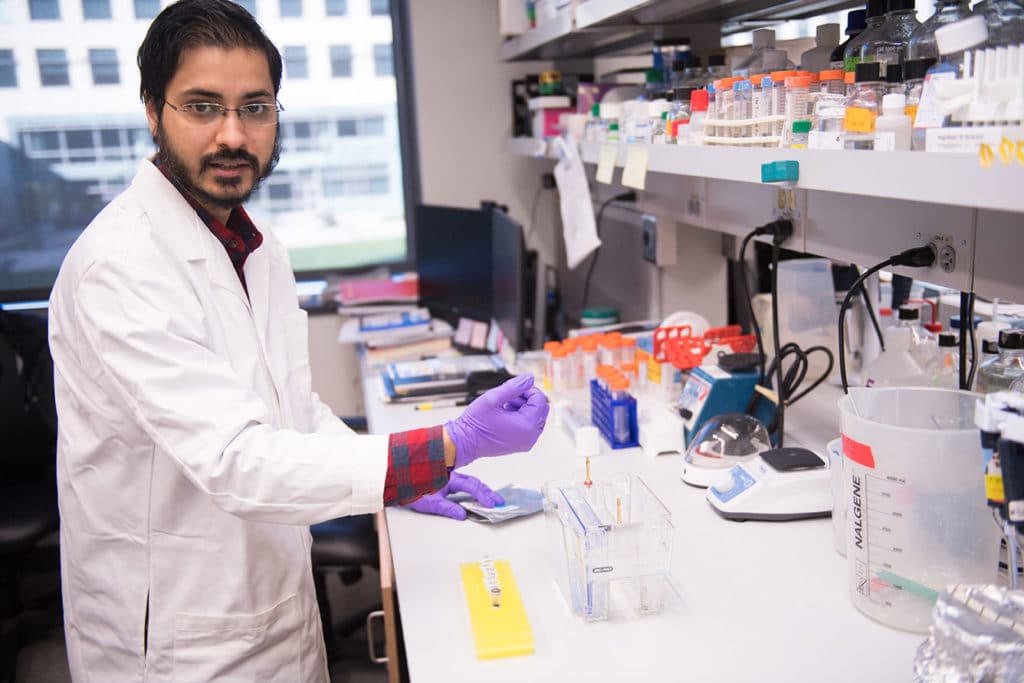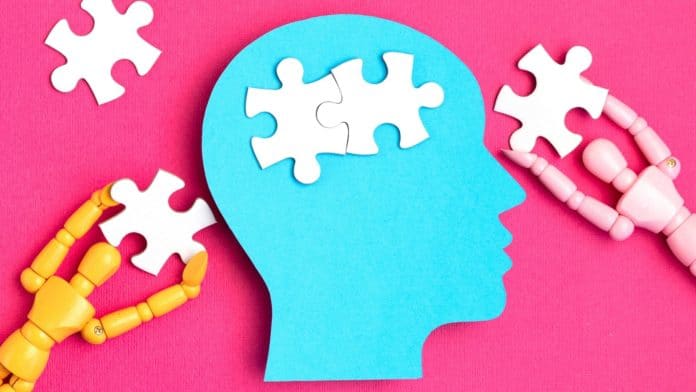How are memories formed and stored in the brain?
While working on this, neuroscientists from the University of Iowa have identified a fundamental biochemical mechanism underlying memory storage. They identified a novel protein folding mechanism in the endoplasmic reticulum that is essential for long-term memory storage.
Previously, scientists have shown that the Nr4a family of transcription factors is essential for long-term memory consolidation. Scientists in this new study identified chaperone proteins in the endoplasmic reticulum, which Nr4a regulates.
Snehajyoti Chatterjee, Ph.D., said, “The role of protein folding machinery in long-term memory has been overlooked for decades. We know that gene expression and protein synthesis are essential for long-term memory consolidation, and following learning, many proteins are synthesized. For proteins to be functionally active, they need to be folded correctly. Our work demonstrates the conceptual idea that these chaperone proteins are the ones that fold the proteins to impact synaptic function and plasticity.”
Using gene therapy, scientists reactivated chaperone protein in a mouse model. Doing so reversed the memory deficit, confirming that the protein folding machinery is a molecular switch for memory.

Scientists linked this mechanism to cognitive deficits in mouse models of Alzheimer’s Disease and Related Dementia. This mechanism is damaged in a tau-based mouse model of Alzheimer’s disease.
When scientists tried to restore the protein folding mechanism in the mouse model, they demonstrated that this reverses memory impairment in this mouse model for the study of dementia.
Ted Abel, Ph.D., Director of the Iowa Neuroscience Institute and chair and DEO of the UI Department of Neuroscience and Pharmacology, said, “Identifying this protein folding mechanism is a crucial step toward understanding how memories are stored and what goes wrong in diseases associated with memory impairment. Even though we are not yet at a point of translating this to patient care, understanding this pathway is essential to one day being able to prevent and treat neurodegenerative disease.”
Journal Reference:
- Snehajyoti Chatterjee, Ethan Bahl et al. Endoplasmic reticulum chaperone genes encode effectors of long-term memory. SCIENCE ADVANCES • 23 Mar 2022 • Vol 8, Issue 12 • DOI: 10.1126/sciadv.abm6063
